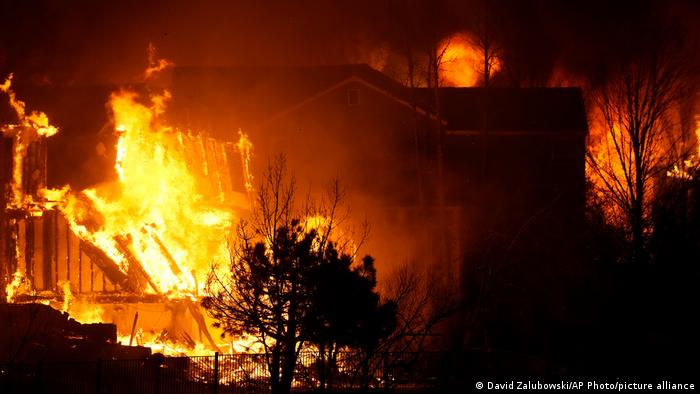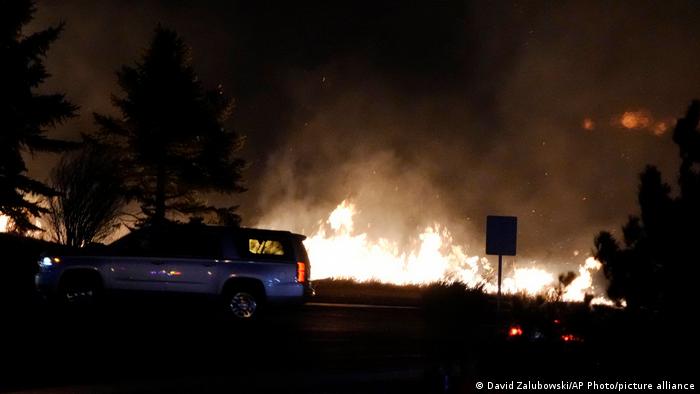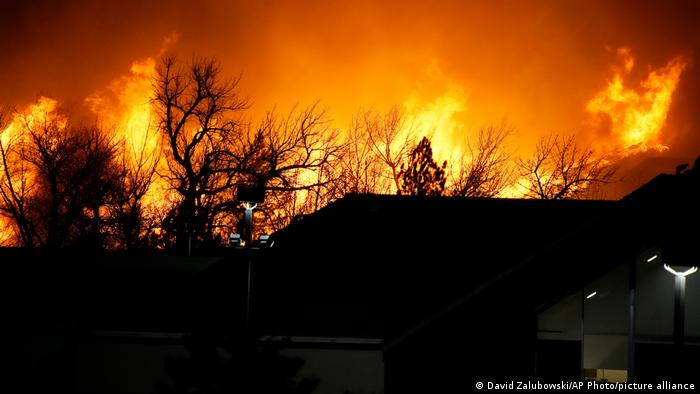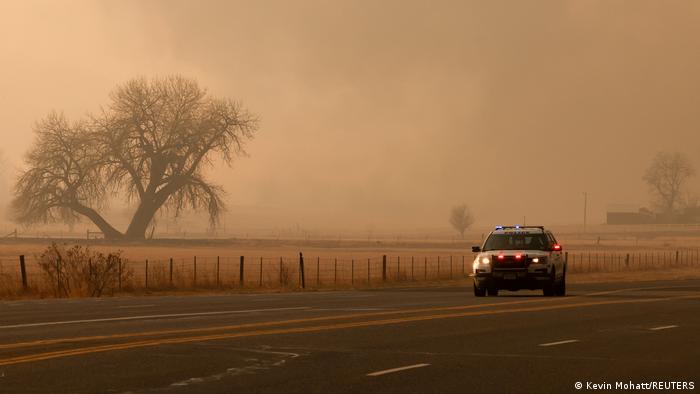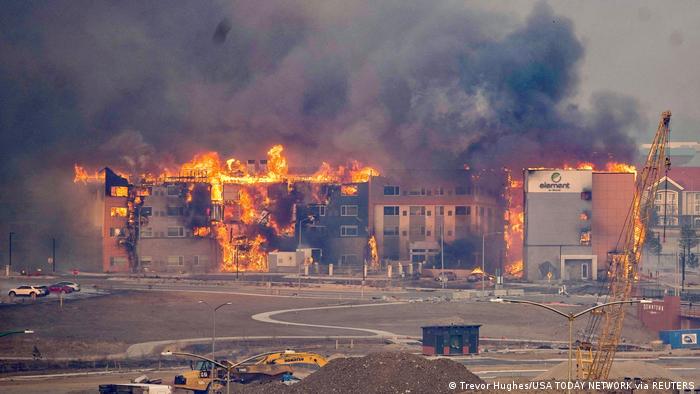It would be easy to forget the climate crisis as the world continues to reel from the ongoing COVID-19 pandemic. The Intergovernmental Panel on Climate Change has published a report today reminding us that we cannot forget about the climate crisis.
The report is described as “a dire warning about what the consequences of inaction” and aims to show that rising temperatures are not only a threat to the well-being of our planet but also to our own health. Because although in the context of climate change humans are often regarded as being separate from the natural world, we are of course a part of it.
Any imagined disconnect between them is not only absurd and arrogant, it is also ultimately self-destructive. Today’s publication highlights the fact that ecosystem degradation and biodiversity loss will continue to increase with global warming. This will lead to increased risks such as food insecurity, water scarcity, and increased risk to the environment.
The human well-being factor
The report is optimistic that society can make the necessary changes to prevent climate catastrophe. Until now, contemporary solutions to the ecological crisis have not sought to rethink the over-consumption models in which economic growth is a primary driver. This is problematic, as the existing systems of production/consumption are the main reason for the climate crisis.
The report also mentions socio-ecologically aware and sustainable futures. This is a welcome development. The research does not only focus on the negative effects of climate change upon economic growth but also on human well-being. It also draws attention to “maladaptation” projects that is, adaptation projects that exacerbate existing social inequalities. Even though the document does not call for radical changes to development values it is a start.
Meanwhile, protest movements and civil society groups continue their ongoing push for a climate future based on the intricately linked relationship between society and ecosystems. All movements that challenge existing structures are capable of establishing local food sovereignty, criticizing industrial agriculture, and opposing increased or continued mining of coal.
Create a new story
The language is sometimes mild, as all contributors must agree on the report, which includes wealthy countries most responsible of climate change. It refers to “losses & damages” but doesn’t shame historic polluters who played a significant role in the current climate crisis.
But what this report can do, is open the world and those in leadership positions to a new line of thinking around the climate crisis one that is more critical of what has been incorrectly identified as “common-sensical” economic values. It can also be used to debate the importance of placing human health and happiness above corporate profits and past production habits.
Preventing the climate crisis from spiraling even further out of control requires a cultural shift and a mindset change. It also requires attention. Even when other, more urgently alarming events distract the world. Because rising temperatures affect all life on Earth. We are all affected.


